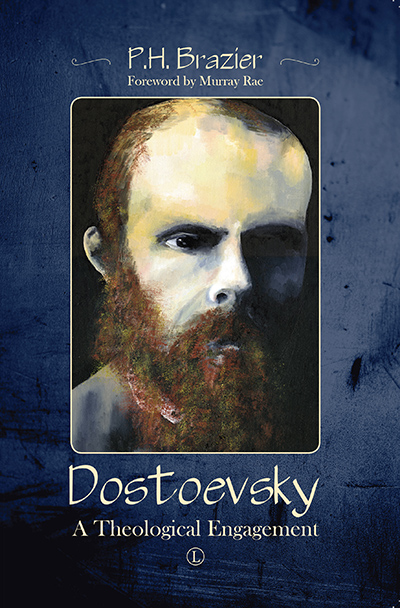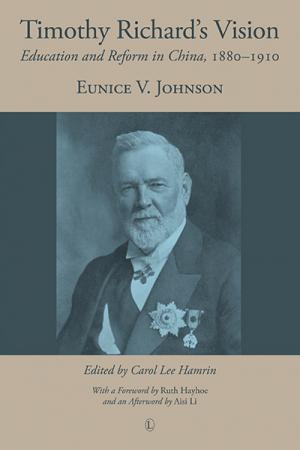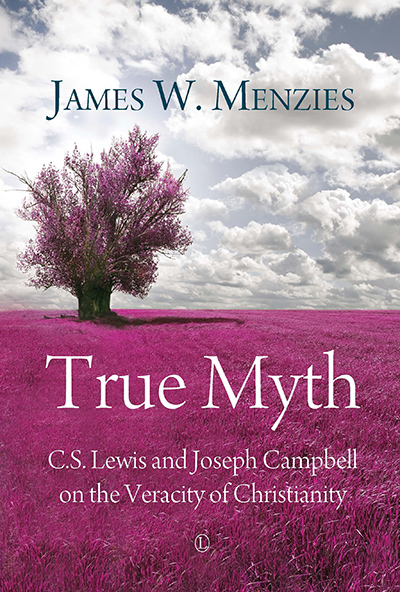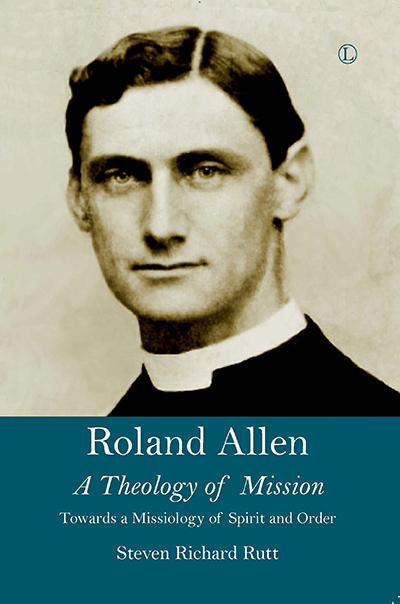Description
As a writer and prophet Dostoevsky was no academic theologian, yet his writings are deeply theological: his life, beliefs, even his epilepsy, all had a role in generating his theology and eschatology. Dostoevsky’s novels are riven with paradoxes, are deeply dialectical, and represent a criticism of religion, offered in the service of the gospel. In this task he presented a profound understanding and portrait of humanity. Dostoevsky’s novels chart the movement of the human into death: either the movement through paradox and Christlikeness into Christ’s cross (a soteriology often characterized by the apophatic negation and self-denial; what we may term ‘the Mark of Abel’) leading to salvation and resurrection; or, conversely, the movement of those who refuse Christ’s invitation to be redeemed, and continue to fall into a self-willed death and a self-generated hell (‘the Mark of Cain’). This eschatology becomes a theological axiom of which he unceasingly warned people in his mature works. Startlingly original, stripped of all religious pretence, Dostoevsky as a prophet forewarned of the politicized humanistic delusions of the twentieth century: a prophet crying out in the wilderness.
About the Author
P.H. Brazier is an independent theologian and scholar living in London. He holds degrees in Fine Art (BA), Education (MPhil), and Systematic Theology (MA and PhD). He has published widely in theology and philosophy, including a five-volume systematic analysis of C. S. Lewis’s theology.
Contents
List of Illustrations
Acknowledgements
Foreword by Murray Rae
Introduction
Part One: Fyodor Mikhailovich Dostoevsky, Writer and Prophet
1. Ideas and Ideology, Eschatology and Possession
2. Formation and Influences
Part Two: Dostoevsky’s Theological Anthropology
3. Dostoevsky, Writer and Prophet
4. The Human Condition before God
Part Three: Dialectic and a Critique of Religion in the Service of the Gospel
5. Dialectic and a Critique of Religion
6. Dostoevsky: Religion and Atheism
7. Sin and Grace: A Dialectic of Salvation
Conclusion
Bibliography
Indices
Sectional Contents
Endorsements and Reviews
An unusually lucid survey of Dostoevsky’s major fiction, written from a robustly theological perspective, this will be a most useful contribution to the study of one of Europe’s greatest Christian imaginations. There are arguments here that will undoubtedly provoke debate, but the discussion is careful and well documented, and makes a real contribution to the study of the subject.
Rowan Williams, University of Cambridge; author of Dostoevsky: Language, Faith and Fiction
This is not just another scholarly exegesis of Dostoevsky’s theology. P.H. Brazier’s impeccable research clearly puts it in this category. His sharp, analytical mind takes in Dostoevsky’s fiction, letters, diary, even his personal annotations in his copy of the New Testament to explicate Dostoevsky’s ‘theological anthropology,’ a theology based on the relationship of God to humanity. The portrait of Dostoevsky that emerges from Brazier’s work, through selected anecdotes and dialogues of characters, is as well developed and vivid as Dostoevsky’s own Ivan Karamasov or Raskolnikov. It is a joy to read.
Salwa Khoddam, Professor of English, Emerita, Oklahoma City University






